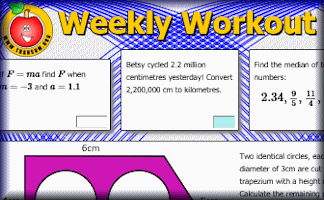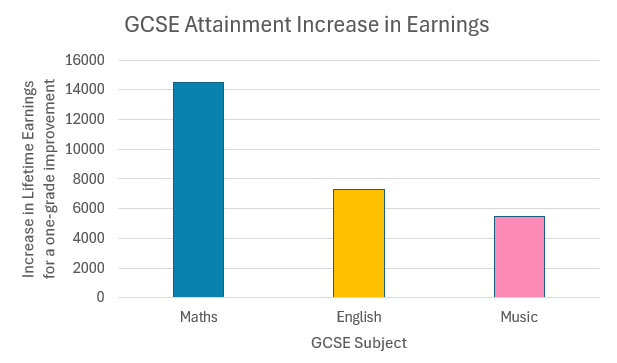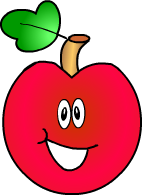A strong background in mathematics is vital for many careers, particularly those in sciences, technology, engineering, finance, and data analysis. Here's a list of 20 popular jobs where a solid understanding of mathematics is important:
1. Nurse: Uses mathematics to calculate medication dosages and measure vital signs.
2. Teacher: Employs basic to advanced mathematics depending on the educational level to teach students.
3. Pilot: Uses mathematics for navigation, calculating distances, and fuel requirements.
4. Architect: Applies geometry and mathematical modelling to design buildings and structures.
5. Pharmacist: Utilises mathematics to ensure correct dosages and compound medications.
6. Accountant: Employs mathematics for financial reporting, tax calculations, and auditing.
7. Real Estate Agent: Uses mathematics to calculate mortgage payments, commissions, and property values.
8. Graphic Designer: Applies proportions and geometry in design layouts and visual concepts.
9. Construction Manager: Uses mathematics for project estimations, budgeting, and resource allocation.
10. Software Engineer: Applies principles of computer science and mathematical analysis to design, develop, and test software applications and systems.
11. Marketing Analyst: Uses statistics and data analysis to understand market trends and measure campaign effectiveness.
12. Chef: Utilises ratios and measurements in the preparation and scaling of recipes.
13. Interior Designer: Applies geometry and spatial reasoning to create harmonious and functional living spaces.
14. Electrician: Uses mathematics to calculate current, voltage, resistance, and power requirements.
15. Mechanic: Employs mathematics to diagnose vehicle issues and calculate the needed parts and labour.
16. Plumber: Utilises mathematics to measure, cut, and install piping correctly.
17. Land Surveyor: Applies trigonometry and geometry to determine land boundaries.
18. Insurance Agent: Uses probability and statistics to determine insurance rates and risk assessment.
19. Human Resources Specialist: Applies mathematics in the analysis of salary data and the calculation of benefits.
20. Logistics Coordinator: Uses mathematics for optimising route planning and managing inventory levels.













